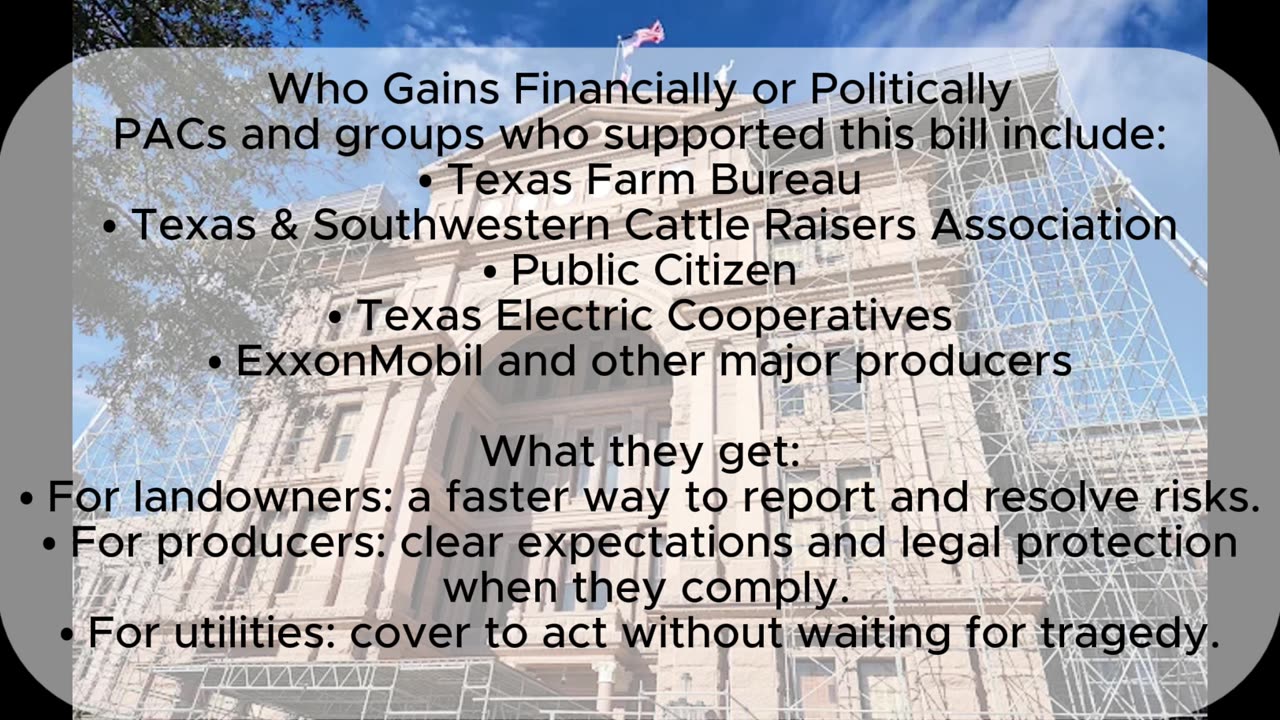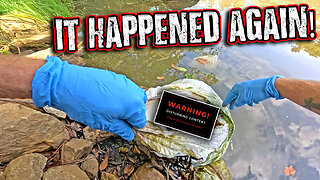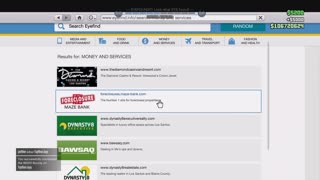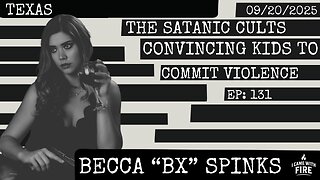Premium Only Content

HB 143
"✅ HB 143 – A Quiet Win for Wildfire Prevention That Deserves a Closer Look
After the devastating Panhandle wildfires in 2024, a lot of Texans started asking how something like that could’ve been prevented. HB 143 is one answer...one that didn’t make many headlines, but could have serious impact in rural counties across the state.
Here’s what it does:
HB 143 gives the Railroad Commission (RRC) and the Public Utility Commission (PUC) legal authority to act when oil and gas well operators fail to maintain their electrical lines...especially when those lines pose a visible safety risk like leaning poles, cracked structures, or outdated hardware.
It creates a formal process for landowners to file complaints. If the agencies find something’s off, they have 10 days to fix it...either by pushing the operator to act, cutting the power temporarily, or calling in fire marshals if needed. Once the repair is confirmed, the power gets turned back on.
This bill basically turns what used to be informal coordination between two agencies into a law...with deadlines, safety triggers, and action steps.
Here’s why it matters:
✅ It gives landowners a channel to raise concerns before sparks turn into disasters.
✅ It pushes operators to keep up with safety codes instead of cutting corners.
✅ It gives both the PUC and RRC clearer roles when electrical infrastructure at energy sites puts people or property at risk.
Who benefits?
Rural Texans living near old or neglected oil and gas wells
Utilities who’ve struggled to intervene when site owners won’t take responsibility
Agencies that now have a playbook instead of red tape
And who’s behind it?
Rep. Ken King (R-HD88), with support from landowner groups, utility cooperatives, and even energy-sector names like ExxonMobil. That might sound like an odd mix...but it shows this bill wasn’t about taking sides. It was about avoiding another emergency.
What we’ll need to keep an eye on:
⚠️ The funding for this new enforcement comes out of an account tied to oil and gas fees. If that dries up, so might the inspection staff.
⚠️ There’s a broad clause that lets agencies take “any other action they consider necessary.” That’s worth watching to make sure enforcement stays consistent and fair.
⚠️ Right now, there’s no public reporting on how many complaints come in, how they’re handled, or how fast agencies respond. Transparency there would make this even stronger.
Bottom line:
HB 143 is a practical, safety-focused bill. It doesn’t make noise, but it clears a path for agencies to act quickly when infrastructure gets dangerous...and it gives Texans a way to speak up before something burns down. This is one of those bills that’s easy to miss...but worth knowing about.
Let’s keep our eyes on how it’s implemented. Good laws still need good follow-through.
Quick ask, y’all...likes help the algorithm, but shares are what get the truth out.
If this bill affects you, your kids, your patients, your neighbors...please share it.
Too many Texans don’t know what’s being signed into law. And if we don’t share it, they won’t hear it. These bills move quietly. The consequences don’t.
It’s not about going viral. It’s about making sure the people who need to know...do know.
So if this post made you pause, think, or get fired up… don’t just like it. Send it. Share it. Say something.
We don’t get transparency unless we demand it together.
✅ #HB143 #TexasWildfires #UtilitySafety #KnowTheLaw #PeopleBeforePolitics"
-
 16:39
16:39
Exploring With Nug
4 hours ago $0.71 earnedI Found a Car Underwater… and a Bag I Wish I Hadn’t Opened!
3.88K4 -
 LIVE
LIVE
NAG Entertainment
1 hour agoRUMBLE ROUNDTABLE: Twitter/X Space W/ChavezFlexingtn
87 watching -
 21:54
21:54
MYLUNCHBREAK CHANNEL PAGE
20 hours agoIstanbul Should Not Exist - Pt 2
28.9K8 -
 3:44:38
3:44:38
Michael Franzese
1 day agoOperation Freedom Fighter: Emergency Live
71.9K45 -
 1:08:10
1:08:10
Jeff Ahern
4 hours ago $3.74 earnedThe Saturday Show With Jeff Ahern
25.9K11 -
 6:11:36
6:11:36
Grant Cardone
8 hours agoGrant Cardone LIVE: The 10X Truth That Made My First $1 Million In Real Estate
47.5K8 -
 2:28:37
2:28:37
putther
5 hours ago $2.64 earned⭐ Bounty Hunting on GTA⭐
29.2K1 -
 LIVE
LIVE
Total Horse Channel
1 day agoAMHA 2025 9/20
441 watching -
 1:53:15
1:53:15
I_Came_With_Fire_Podcast
17 hours agoThe Satanic Cults Convincing Kids to Commit Violence
61.1K30 -
![Mr & Mrs X - [DS] Created Antifa To Push An Insurgency In This Country - Ep 8](https://1a-1791.com/video/fww1/f9/s8/1/k/f/O/j/kfOjz.0kob-small-Mr-and-Mrs-X-DS-Created-Ant.jpg) 1:02:13
1:02:13
X22 Report
9 hours agoMr & Mrs X - [DS] Created Antifa To Push An Insurgency In This Country - Ep 8
168K66